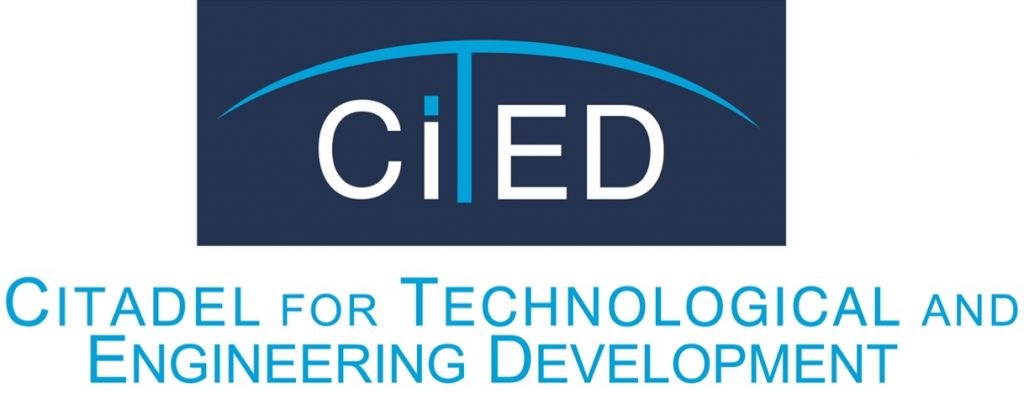The rapid advancement of telecommunication technologies has significantly impacted the aviation industry, leading to a growing demand for efficient and reliable integration of avionics systems with communication networks.


Introduction:
The rapid advancement of telecommunication technologies has significantly impacted the aviation industry, leading to a growing demand for efficient and reliable integration of avionics systems with communication networks.
Objectives:
- Understand the fundamentals of avionics systems and their roles in aircraft operations.
- Explore the key telecommunication technologies applicable to aviation, including satellite communication, air traffic management systems, and in-flight connectivity solutions.
- Gain insights into the challenges and opportunities associated with integrating avionics systems with telecommunication networks.
- Learn about best practices for managing and maintaining integrated avionics-telecommunication systems for optimal performance and safety.
Content:
Day 1: Foundations of Avionics and Telecommunication Integration
- Introduction to avionics systems and their functions (navigation, communication, flight control, etc.).
- Overview of telecommunication technologies in aviation (satellite communication, air-ground communication, cellular networks).
- Challenges and opportunities of avionics-telecommunication integration.
- Case studies of successful avionics-telecommunication integration projects.
- Regulatory requirements and standards for integrated systems.
- Introduction to avionics system management principles.
Day 2 : Technical Deep Dive and Management Strategies
- Technical considerations for integrating specific avionics systems (e.g., flight management systems, communication navigation surveillance (CNS) systems).
- Cybersecurity threats and mitigation strategies in integrated systems.
- Data management and communication protocols for avionics-telecommunication interaction.
- Avionics system management best practices (configuration management, health monitoring, performance optimization).
- Maintenance and troubleshooting techniques for integrated systems.
- Hands-on exercises with simulation tools and case studies.
Day 3: Future Trends and Applications
- Emerging technologies shaping the future of avionics-telecommunication integration (e.g., 5G connectivity, Internet of Things (IoT) applications, artificial intelligence (AI) integration).
- Regulatory and industry trends impacting future developments.
- Exploring new applications of integrated systems (e.g., remote diagnostics, predictive maintenance, enhanced flight automation).
- Group discussion and case studies on future challenges and opportunities.
- Course summary and key takeaways.
- Q&A session with course instructors.
Conclusion:
By combining theoretical knowledge with practical exercises and case studies, this program empowers individuals to effectively navigate the challenges and opportunities presented by this rapidly evolving field, contributing to enhanced safety, efficiency, and performance in the aviation industry.

